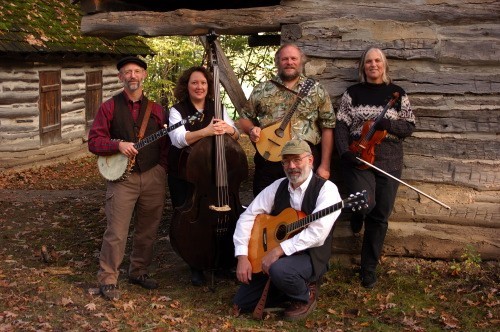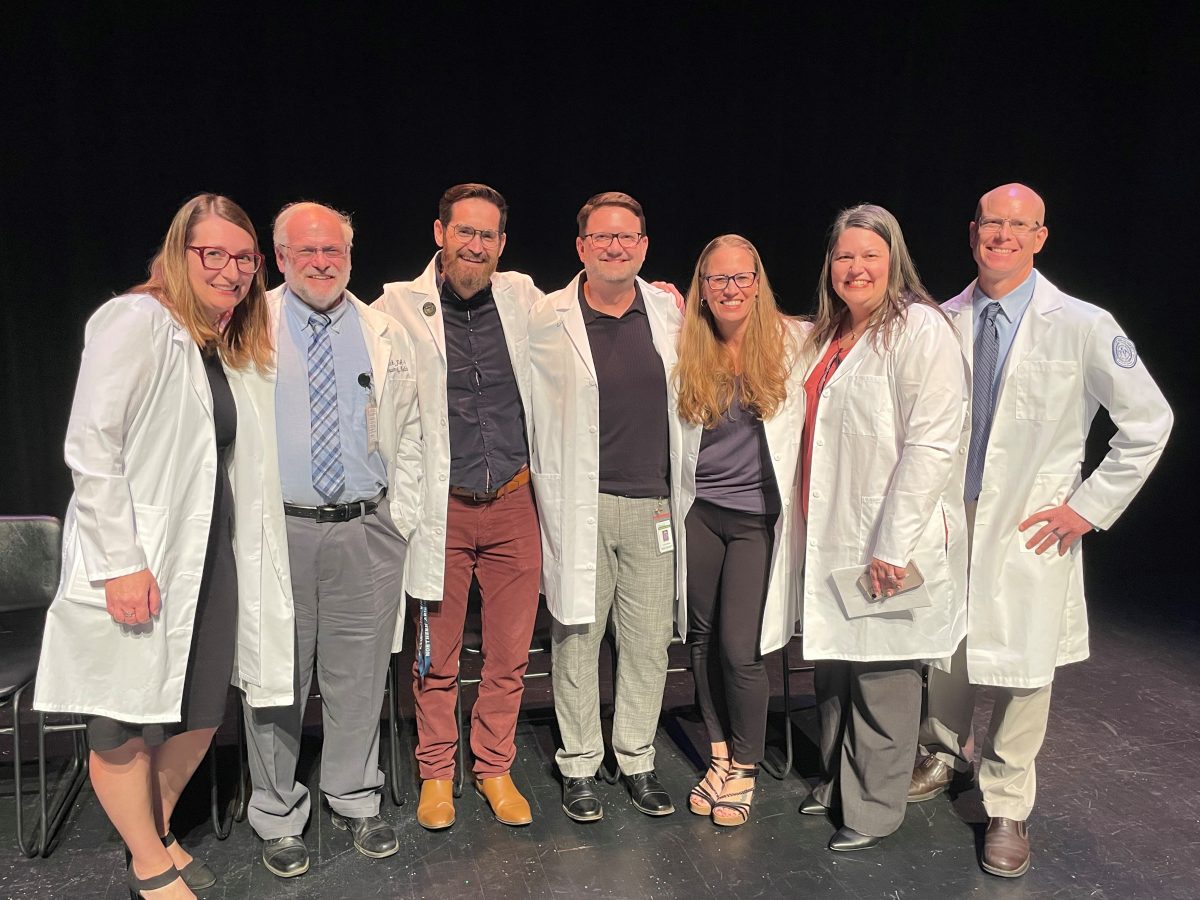Northern Arizona University professor and Founding Chair of Department of Physician Assistant Studies, Richard Dehn, was honored with the Arizona State Association of Physician Assistants (ASAPA) Faculty of Excellence Award.
What inspired you to enter the field of medicine and become a Physician Assistant (PA)?
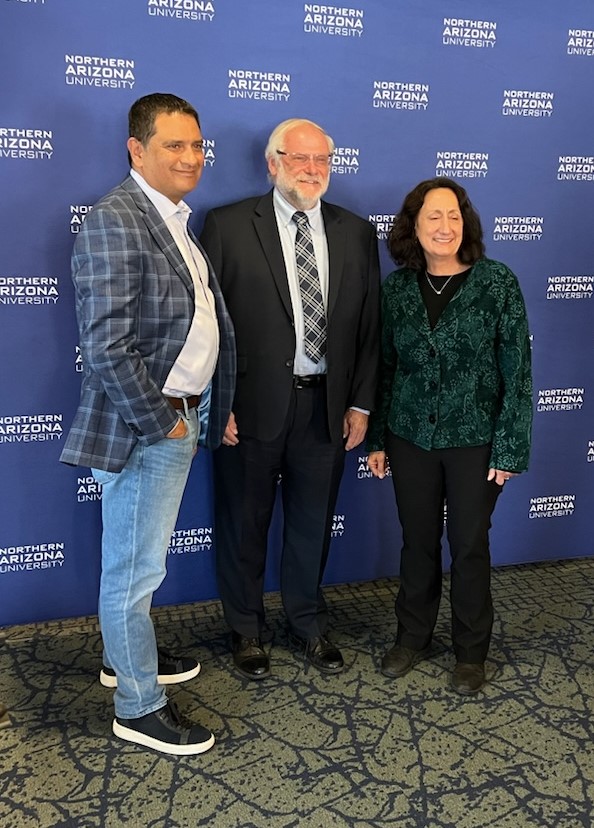
When I finished my undergraduate degree in history in the early 1970s, the medical field was an area that intrigued me. At the time, the University of Iowa, where I received my undergraduate degree, was just starting to develop a PA program as part of their medical school. The PA concept was basically unknown except to the handful of leaders who were developing the early prototype programs, but the training model caught my attention enough that I decided to pursue it. After a year of working in an emergency department on the night shift while completing all the science prerequisite courses, I was admitted to Iowa’s third PA cohort and graduated in 1976 along with 14 other newly minted PAs.
Can you tell me more about your award and what it means to you?
Our state PA professional society sponsors this award, which is given annually along with several other awards. Since I didn’t train as a PA here in Arizona and have only lived here for the last 13 years, I honestly was surprised to receive this award. It means a great deal to me to be recognized for my contributions to PA education by the Arizona PA community at this point near the end of my career.
What has been your philosophy for teaching future healthcare professionals?
My teaching philosophy has always been individual-student-centered. I’ve always believed if I could grasp how a student learns, I could package and rearrange essential information in a way that would be understandable for that student. That philosophy has been challenged as class sizes increased, particularly as teaching moved online. About halfway through my career, I shifted into administration in the role of PA Program Director, first directing a legacy program and then coming to NAU in 2010 to develop the PA program at the PBC. At that point, I would say that my focus had shifted from being a teacher of students to being a mentor for faculty and other aspiring administrators in PA education.
Can you share about the importance of PAs in healthcare?
PAs have become a critically essential part of the US healthcare workforce, particularly in providing care for medically underserved populations. In Metropolitan Statistical Areas of 100,000 or fewer people, PAs and NPs combined now outnumber physicians, and in recent years, this trend has accelerated with predictions that it will continue.
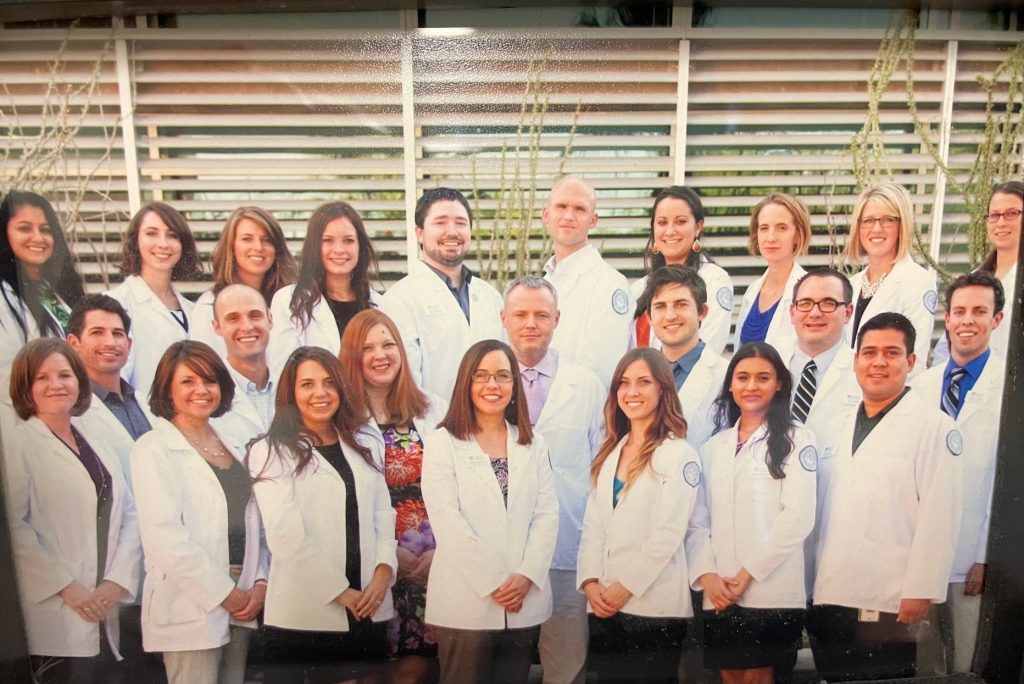
What led you to begin teaching future PAs?
I initially trained as a high school social studies teacher and graduated with a teaching certificate. So, after I became a PA a few years later, I was naturally drawn to teaching, first as a clinical preceptor, but within a couple of years after entering practice as a PA program faculty at UC-Davis.
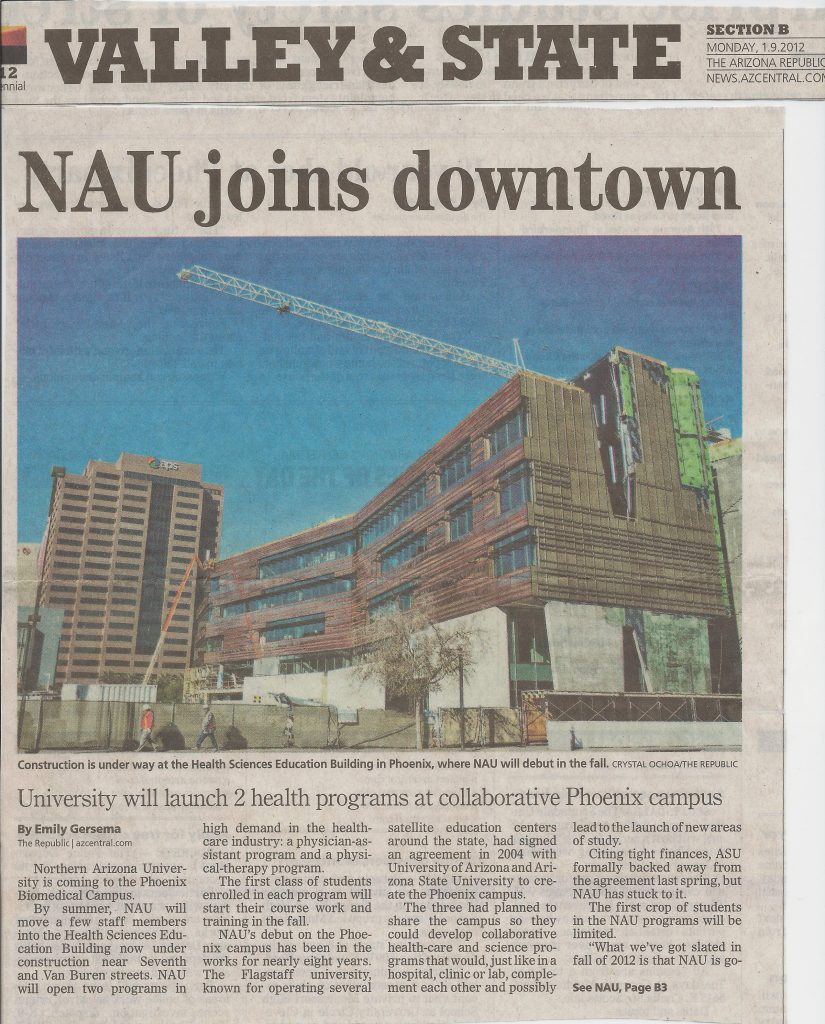
From your career, what memorable moment or accomplishment has had the biggest impact on you and why?
My most memorable moments have been watching former students of mine who have become PA faculty members present their research at national conferences and then become well-known academics. I view possibly having played a small part in the successes of these remarkable individuals as my favorite professional accomplishment.
Can you explain what has motivated you on your professional journey?
I had the great fortune of entering the PA profession very early in its history, when everything about it was sort of undefined. It has always been easy for me to find new interests in such an environment to help me stay excited and engaged, and this provided a lot of freedom to experiment. For me specifically, I was able to start as a clinical PA, evolve to a clinical PA who was a core faculty in a PA program, then to a faculty member low-level administrator who published research describing the profession, to a program administrator who was also part of the profession’s research community, to finally becoming a professional/scientific journal editor. If the PA profession had been a mature profession, I likely would not have been able to explore all these different roles over the course of my career.
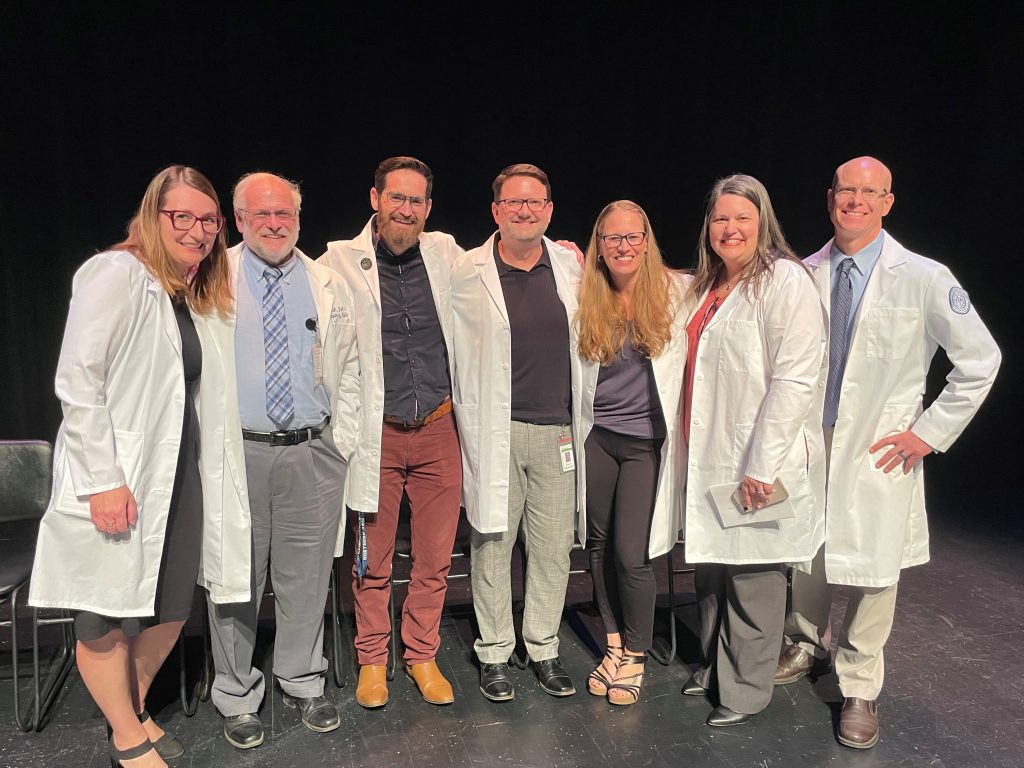
What piece of advice can you share to aspiring Physician Assistants?
Two things: (1) Whatever you do, make sure you make a positive impact on other people’s lives, and (2) Have you ever considered being an educator after you graduate?
